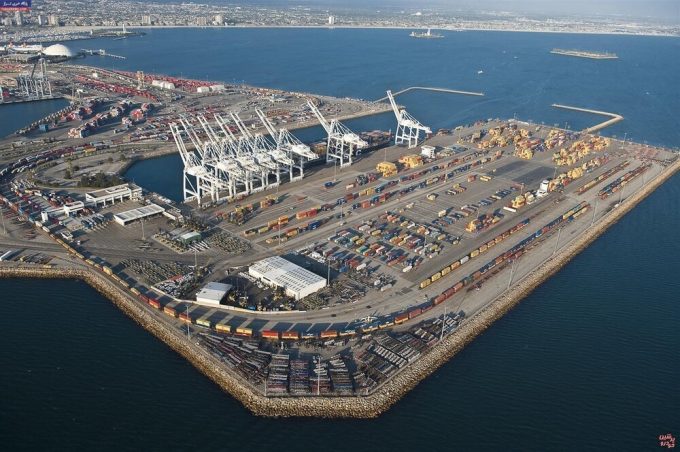RZD Logistics boosts Russian trade with rail link via Iran to India
RZD Logistics, a subsidiary of Russian railway monopoly RZD, has begun regular container train services ...

The International North South Transport Corridor (INSTC) in Central Asia has given a major boost to India-Russia trade following western sanctions.
Islamic Republic of Iran Shipping Lines (IRISL) has steadily ramped up cargo movement contracts on the route, moving some 114 containers and 3,000 tonnes of other freight between May and July, according to regional industry sources.
Some of that traction could be attributed to a new currency trading mechanism allowing Indian exports/imports to be denominated in rupees.
Established in 2000, the INSTC ...
MSC Elsa 3 sinking – now the 'blame game' begins
After DSV 'cuts the cake' on Schenker acquisition, time for redundancies?
Bad news for shippers as wave of transpacific rate increases continues
Houthis claim Red Sea safe for box ships not calling at port of Haifa
Shippers hold their breath as Trump appeals court ruling that tariffs are illegal
No deals with carriers, say Houthis – Red Sea safe for non Israel-affiliated ships
Schenker's Shirley Sharma Paterson moves to K+N as global head of sales

Comment on this article